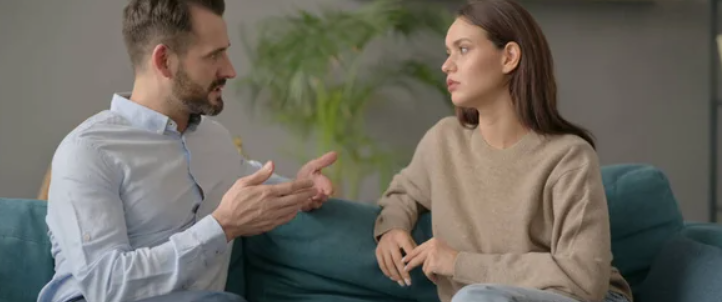Sexual issues post-stroke are common and can include difficulties related to arousal, orgasm, and decreased sexual desire, and satisfaction.
To determine the attitudes, practices, and barriers experienced by physiotherapists in addressing sexual issues among stroke survivors.
This cross-sectional survey involved 72 practicing physiotherapists purposively recruited from selected tertiary hospitals in southeast Nigeria. Modified Physiotherapists’ Attitudes on sexual issues, Physiotherapists’ Performance Questionnaire in dealing with sexual issues, and Barriers to Discussing Sexual Issues Questionnaires were used to collect data that were analyzed using Statistical Package for Social Science (SPSS).
The results showed a significant association ( < 0.05) between the attitude and practice of physiotherapists in dealing with sexual issues of stroke survivors. Although most of the physiotherapists expressed confidence in their understanding of the need to address sexual issues of stroke survivors, only a quarter of them often or always assessed the patients' sexual function as well as included therapy for erectile dysfunction in their plan of care for stroke survivors. Patients' discomfort (88.9%) and insufficient knowledge and training (70.8%) were the most reported barriers. The majority (95.8%) indicated the need for a training program on the sexual issues, despite their area of specialization.
Although the studied physiotherapists understand the need to address these issues, the practical application remains limited due to varying barriers. There is a need for structured training programs focused on sexual health to bridge the gap between knowledge and practice, thereby enhancing the overall care and quality of life for stroke survivors.















Create Post
Twitter/X Preview
Logout